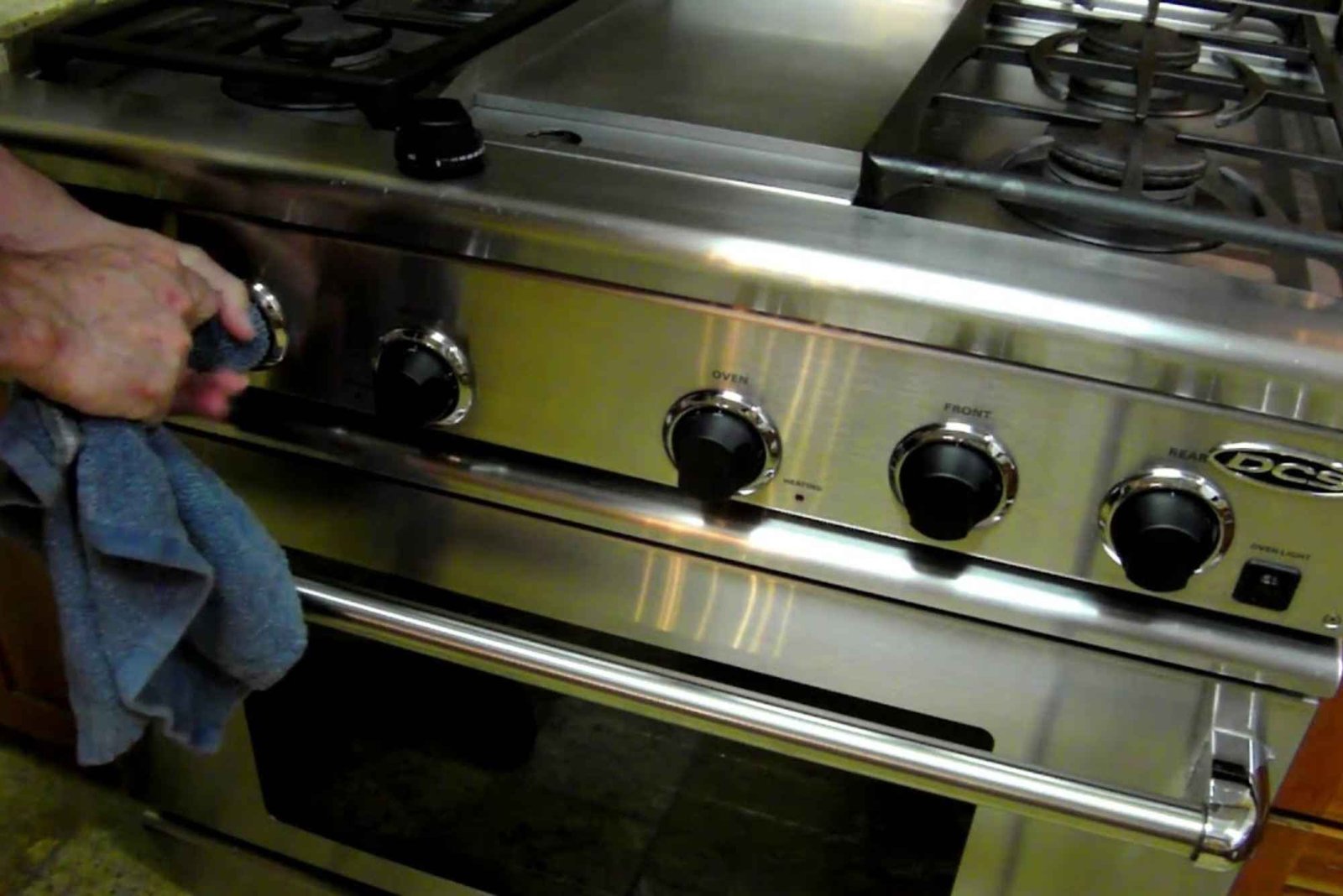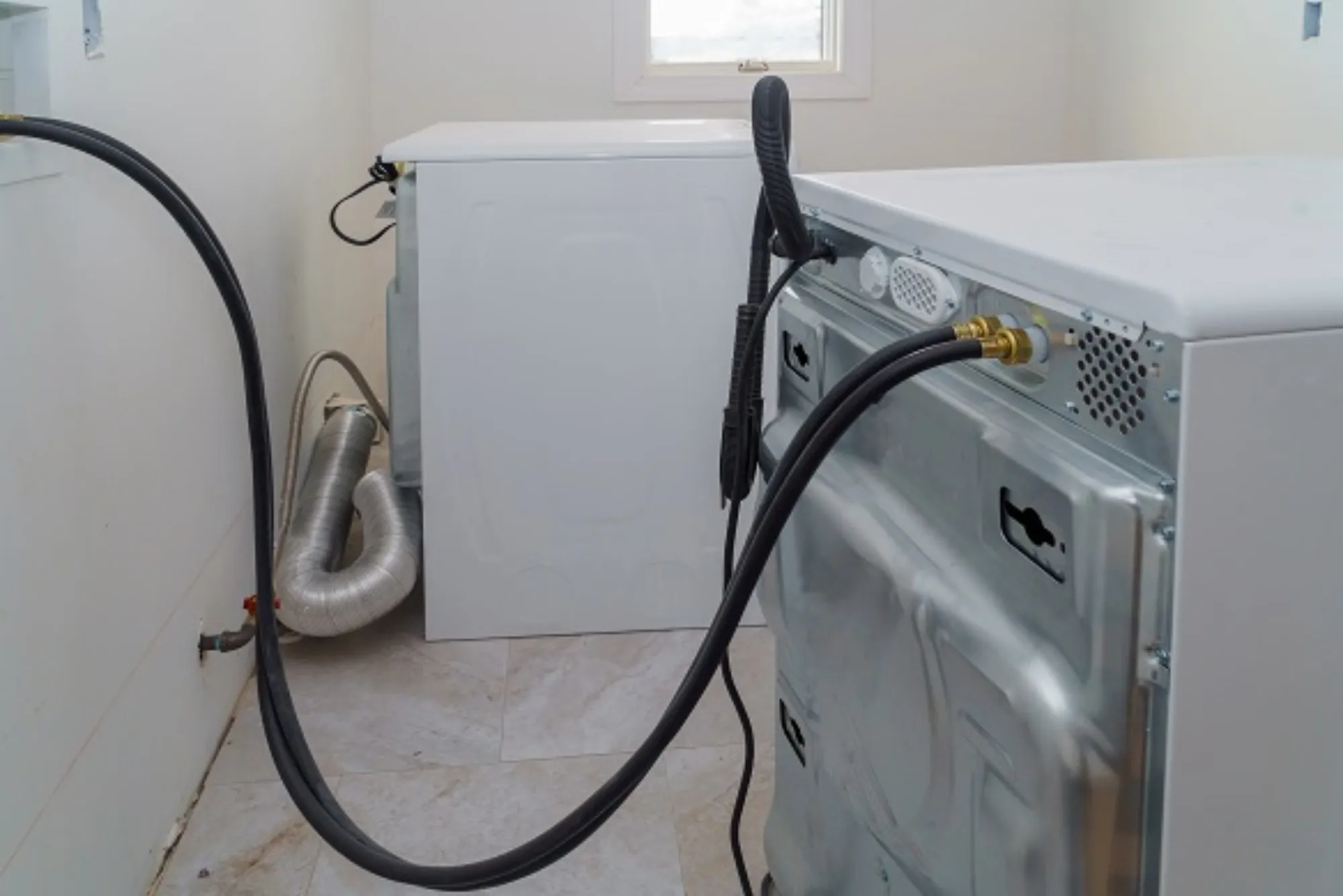Music has always been an integral part of Indian culture, from Bollywood blockbusters to the thriving independent music scene. With concerts, live events, and digital performances growing at a rapid pace, the need for skilled professionals in Live Sound Engineering has never been higher. If you are passionate about audio, technology, and live events, becoming a certified live sound engineer can be your gateway to a rewarding career.
In this article, we’ll walk you through everything you need to know about getting certified as a live sound engineer in India — from required skills and certification courses to institutes, costs, and job opportunities.
What is Live Sound Engineering?
Live Sound Engineering is the art and science of managing sound in real time for concerts, events, theater productions, and broadcast shows. Unlike studio engineers who work in controlled recording environments, live sound engineers must deal with unpredictable acoustics, crowd noise, and real-time technical challenges.
Their responsibilities include:
-
Setting up microphones, speakers, and audio systems.
-
Mixing sound live for concerts or events.
-
Managing feedback and ensuring clarity.
-
Coordinating with artists, event managers, and stage crews.
A certification course equips aspiring engineers with both technical knowledge and hands-on training, making them job-ready.
Why Get Certified in Live Sound Engineering?
While passion and self-learning can take you far, formal certification offers several advantages:
-
Professional Recognition – Certified engineers stand out to employers and event companies.
-
Structured Learning – Courses cover acoustics, digital consoles, signal flow, and advanced mixing.
-
Hands-on Training – Institutes provide real-world experience on live setups.
-
Career Growth – Certification opens doors to larger concerts, international events, and touring opportunities.
Steps to Become a Certified Live Sound Engineer in India
1. Develop the Right Skills
Before joining a course, it’s important to build a foundation. Skills include:
-
Understanding of basic electronics and acoustics.
-
Musical knowledge to balance instruments and vocals.
-
Ability to handle pressure in fast-paced live shows.
-
Communication and teamwork skills.
2. Enroll in a Certification or Diploma Program
To formally enter the field, you need to join a reputed institute that offers Live Sound Engineering certification courses. These programs typically last from 6 months to 2 years.
Popular course modules include:
-
Fundamentals of Audio Engineering
-
Live Mixing & Signal Flow
-
Digital Consoles & DAWs
-
Microphone Techniques
-
Stage Setup & Troubleshooting
3. Choose the Right Location
If you’re based in or around Delhi, the capital city offers many advantages. The demand for Live Sound Engineering in Delhi, India is especially high because it is a hub for concerts, corporate events, and theater. Several institutes and training centers in Delhi provide professional certification with practical exposure.
4. Complete Hands-On Projects
Certification isn’t only about theory. During your course, you’ll get the chance to mix live shows, work with professional equipment, and troubleshoot real-time issues. This experience builds confidence for actual gigs.
5. Get Certified and Build a Portfolio
Once you finish the program, you’ll receive a certification. From there, start building your portfolio by working on small gigs, freelance projects, and internships with event companies.
Cost of Live Sound Engineering Certification in India
The fees for certification courses vary depending on the institute and course duration. On average:
-
Short-term workshops (1–3 months): ₹40,000 – ₹80,000
-
Diploma courses (6–12 months): ₹1,20,000 – ₹2,50,000
-
Advanced certification (1–2 years): ₹3,00,000 – ₹5,00,000
Costs may also include equipment usage, lab access, and live event practice sessions.
Where to Study Live Sound Engineering in India
India is home to several respected institutes offering training. While we won’t promote direct competitors, here are the types of institutes you can expect:
-
Dedicated Audio Institutes – Specialized schools focusing on sound, audio production, and live mixing.
-
Universities with Media Programs – Some universities include sound engineering modules as part of media or music courses.
-
Training Centers in Metro Cities – Delhi, Mumbai, Bangalore, and Chennai are key hubs for learning and career opportunities.

Career Opportunities After Certification
Once certified, you can pursue multiple career paths in India and abroad:
-
Live Sound Engineer for Concerts & Tours
-
Theater Sound Technician
-
Broadcast & TV Sound Engineer
-
Corporate Event Audio Specialist
-
Studio Engineer with Live Mixing Skills
With experience, engineers can move into international touring, film sound design, and even teaching.
Salary and Growth Potential
The salary of a certified live sound engineer in India depends on skills, experience, and event scale:
-
Entry-level: ₹20,000 – ₹35,000 per month
-
Mid-level (2–5 years): ₹40,000 – ₹80,000 per month
-
Experienced engineers (5+ years): ₹1,00,000+ per month, especially for large concerts and tours
Freelancers can earn per-event payments, often ranging between ₹5,000 – ₹50,000 for a single show depending on complexity.
Conclusion
If you dream of working behind the scenes of electrifying concerts and large-scale events, becoming a certified live sound engineer in India is the way forward. By enrolling in a structured program, gaining hands-on training, and leveraging opportunities in hubs like Delhi, you can build a sustainable career in this growing industry.
Certification is more than just a credential — it’s your entry ticket into the world of music, entertainment, and technology. With dedication and practice, you can become a sought-after professional in Live Sound Engineering in Delhi, India and beyond.











